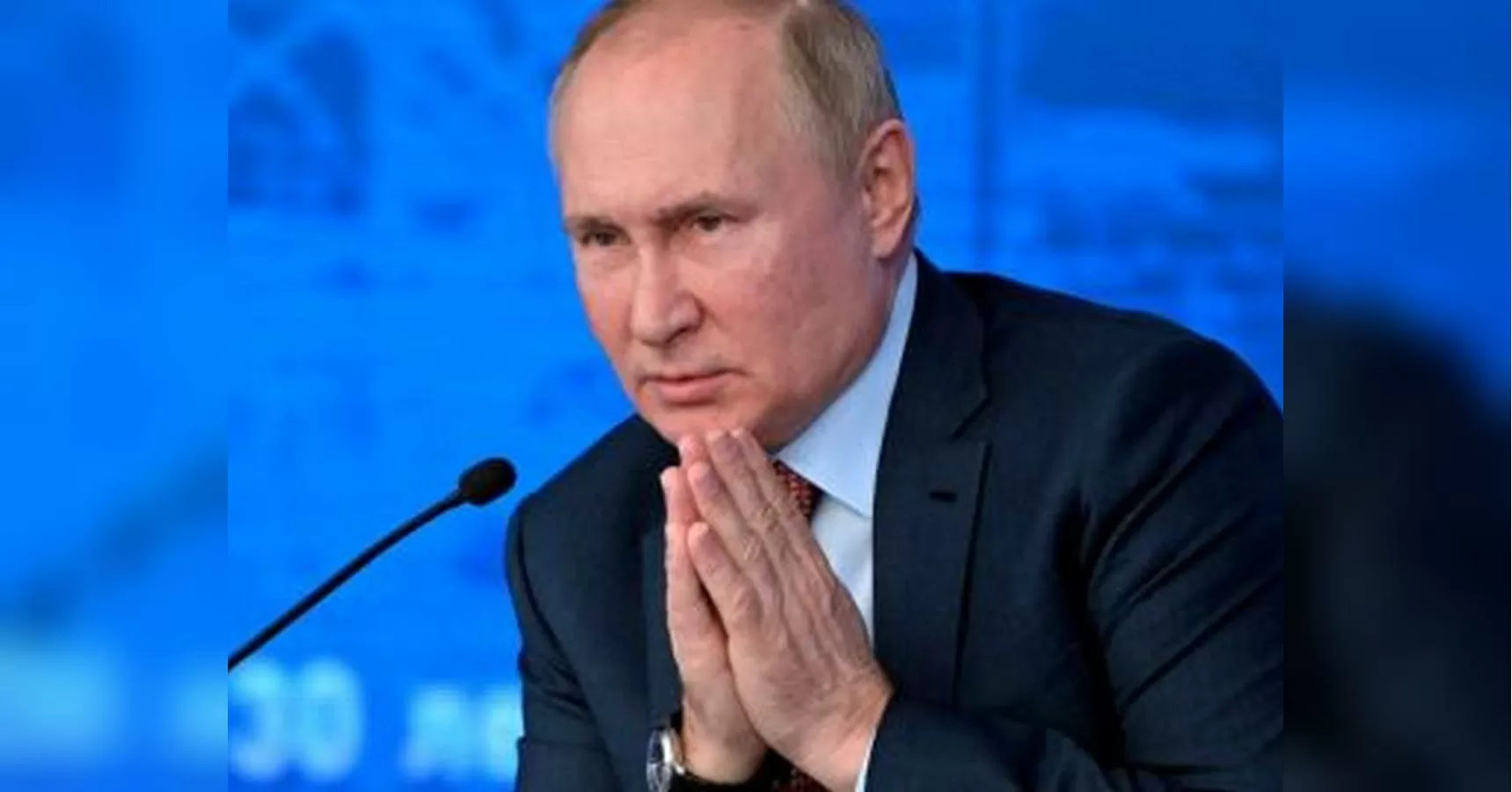Experts from the Institute for the Study of War recently released a report detailing the consequences of Western indecisiveness in the face of global conflicts. The report, titled «The Cost of Hesitation: The Impact of Western Inaction on Global Security,» paints a stark picture of the dangers posed by a lack of decisive action from Western powers. As the world becomes increasingly complex and interconnected, the consequences of hesitation and inaction have become all the more dire.
For years, the West has been considered a global leader in promoting and protecting democracy, human rights, and international norms. However, in recent years, there has been a noticeable shift towards indecisiveness and reluctance to engage in conflicts. This lack of action has had far-reaching consequences, not only for the regions directly affected by conflicts, but also for global security as a whole.
One of the most significant consequences of Western hesitancy is the emboldening of authoritarian regimes and non-state actors. The report highlights how the failure to act decisively in conflicts such as Syria, Yemen, and Ukraine has given these actors the opportunity to assert their dominance and challenge the established norms of international behavior. This has not only led to increased suffering for the people living in these conflict zones, but has also created a more unstable and dangerous global environment.
Furthermore, the report emphasizes the economic costs of Western indecision. In addition to the human toll, conflicts and instability also have a significant impact on the global economy. The rise of extremism and terrorist groups in the absence of strong Western leadership has created an environment of fear and uncertainty, leading to decreased investment and trade. This, in turn, has negative repercussions for global economic growth and stability.
The Institute for the Study of War also highlights the impact of Western indecisiveness on the rise of global powers such as China and Russia. In the absence of strong Western leadership, these powers have been able to expand their influence and challenge the established world order. This not only has implications for regional power dynamics, but also for global security and stability.
The report also draws attention to the humanitarian consequences of Western hesitation. In conflicts such as Syria and Yemen, the failure to intervene has resulted in widespread devastation and suffering for civilians. The humanitarian crisis in these regions has reached catastrophic levels, with millions of people displaced and in need of urgent assistance. The report argues that Western powers have a responsibility to intervene in these situations in order to protect innocent lives and uphold their values of promoting democracy and human rights.
Despite these alarming consequences, the report also offers solutions to address Western indecisiveness. It emphasizes the need for timely and decisive action in the face of global conflicts. This includes both diplomatic efforts and, when necessary, military intervention. The report also highlights the importance of strong leadership and cooperation among Western powers in order to effectively address global security challenges.
In conclusion, the Institute for the Study of War’s report sheds light on the detrimental consequences of Western indecisiveness. It serves as a wake-up call for Western powers to recommit to their values and take a more proactive stance in addressing global conflicts. The consequences of inaction are far-reaching and have a significant impact on both regional and global security. It is imperative that the West takes decisive action to uphold these values and protect global stability.

